Learn : Health & Wellness
Pomeranians with Skin Allergies
Pomeranians are a fun loving and lively breed. Small in size, but big in personality, a true family companion. Weighing just 3-7 pounds full grown, these toy dogs don’t let their small stature hold them back. Some pomeranians have been known to stand up against big dogs, which despite being an intelligent breed, probably isn’t their brightest idea. They make great family dogs that respond well to training and tricks, and are highly alert with watchdog tendencies.1 Originating from Pomerania, Germany, ancestors of the German spitz, Pomeranians started out as a larger breed. Queen Victoria, an enthusiast of the breed, is often held responsible for the downsizing of the Pomeranian, breeding her dogs down to the fluffy toy size we recognize today.
Type of Coat
The Pomeranian is recognized for their impressive and highly fluffy double coat. Medium in length and boundlessly soft, Pomeranians true body shape is often hidden beneath their puff. Coming in a variety of colors and patterns, but often recognized for their brighter orange varieties. Their luxurious coat does require frequent care, brushing several times a week is a must to keep hair from knotting and matting.1 Their double coat does allow them to tolerate colder temperatures than their small body might lead you to believe, but nonetheless, these dogs are happier snuggled up to you indoors.
Susceptibility to Skin Allergies
Pomeranians are prone to a variety of skin problems, and among them are skin allergies. Pomeranians can experience allergies that present themselves as red itchy hot spots, bumps, and even hair loss. Food, contact allergens, and environmental seasonal allergens can all be triggers to your Pomeranian’s skin allergies.2 Furthermore, Pomeranians, due to their small size and longer coat, are highly susceptible to flea allergy dermatitis, so keep your house clean, your pup bathed, and their flea and tick medicine up to date.3 The fluffy coat of your Pomeranian, while beautiful, can sometimes trap allergens and mask early signs of skin allergies, letting them go undetected until symptoms are much more severe.5 When Pomeranian allergies go untreated, they often manifest as atopic dermatitis, a chronic allergic skin disease.3 Regular bathing, once every 3 weeks, with gentle soaps can help protect your Pomeranian against allergens trapped in their coat, but careful not to over-bathe your Pomeranian or use harsh cleansers as that can further dry and irritate their skin.2,3
Allergy Locations
Sometimes the allergy locations can be obvious with patches of dry red or white flaky skin. Further, you might notice your Pomeranian biting or scratching at a particular spot, possibly even causing hair loss.2 When atopic dermatitis manifests it is often seen on the paws, face and snout, ears, and underside.4 When Pomeranians exhibit skin allergies, there are usually accompanying symptoms such as nasal congestion, red itchy eyes, indigestion, biting and scratching, and possibly ear infections or trouble breathing.2,7 Since early signs of skin allergies in Pomeranians can often be masked beneath their coat, it is imperative to keep an eye out for these concurrent symptoms.
Causes of Skin Allergies
Flea allergy dermatitis is a major cause of skin allergies in Pomeranians. Many of them suffer an allergy to the saliva of fleas, and their small size allows them easier access into places it can be difficult to exterminate fleas from.3,5 Pomeranians can also experience skin allergies as a result of contact allergies, environmental allergies, and food allergies. Common contact allergies include: shampoos and detergents, latex, and cleaning products.7,5 Pollen, grass, perfumes, and dust mites are common environmental allergens that impact Pomeranians when inhaled, triggering a skin reaction.7,5 Finally, food can be the cause of skin allergies in Pomeranians. While true food allergies in dogs are rare, Pomeranians have been known to react to food additives including colorings and preservatives, wheat, soy, eggs, corn, dairy, and even beef or chicken.3,5
Treatment Options
The first step to treating your Pomeranian’s skin allergies is diagnosing the cause. Veterinarians can do blood testing or intradermal skin testing for common allergens, but more obscure allergens will not be detected by these methods.5 Additionally, the veterinarian needs to rule out other common conditions that cause irritated skin in Pomeranians including: parasites (i.e. lice and mites), hypothyroidism, Cushing’s disease, auto-immune diseases, and malnutrition.3 If an allergen is identified or suspected, exposure to it should be minimized or eliminated if possible. Further, after being outdoors wipe down your Pomeranian’s coat and paws, to keep allergens outdoors.5 Use gentle cleansers and lotions, but again be conscious not to over-bathe and dry out your Pomeranian.3,5
Certain medications including antihistamines, corticosteroids, topical creams, and possibly antibiotics (if skin is infected) may all be prescribed by your veterinarian to help control inflammation and itchiness.5 Injections, or allergy shots, may also be recommended to treat your Pomeranians skin allergies by helping them build up a tolerance to the identified allergen.3,5 Additionally, due to the breed’s sensitivity towards fleas, up to date flea medication is an absolute must!
Nutrition is an important part of skin and coat health. Poor nutrition could be the culprit behind their dry and irritated skin. So ensuring your Pomeranian is receiving a balanced diet is crucial. Furthermore, if a food allergy or sensitivity is the suspected cause of your Pomeranian’s skin problems, an elimination diet may be recommended to help identify the irritating ingredient.3 Furthermore, it has been demonstrated that an elimination diet of at least 8 weeks is necessary for full diagnosis and reduction of symptoms.6 Additionally, since food additives can commonly cause negative reactions in Pomeranians, feeding your Pomeranian a more natural fresh diet, might help combat their skin irritation.5
Key Ingredients to Fight Allergies
A balanced diet is imperative for maintaining your Pomeranian’s coat and skin. Dogs don't produce certain fatty acids, including omega 3s, on their own, which are vital to skin health.7,5 Omega 3s can easily be given as fish oil supplements to your Pomeranian. Other key nutrients resounded for their dermatologic benefits included vitamins A, C, and E, niacin, pantothenic acid, copper, zinc, certain sulfur-containing amino acids, and proline.7 Likewise, probiotics are demonstrating themselves as powerful ingredients to help fight allergies. Newer, research is demonstrating the relationship between a healthy microbiome and allergies. Given that the benefits of probiotics extend far beyond allergies, it might not be a bad idea to make sure to include them in your Pomeranian’s diet.
The table below can further advises some dietary alterations for certain skin conditions:
|
Condition |
Coat Color Changes |
|
Dietary Needs and Adjustments |
Increase amino acids which can be found in protein (>75 grams per 1000 calories); use our calculator to convert a label percentage to the caloric basis (grams per 1000 calories) |
|
Concurrent GI Signs |
Avoid foods with tryptamine and histamine such as dairy or fermented vegetables and meats (yes, this includes bacon); try a simple ingredient food trial |
|
Chronic Itching and Dermatitis |
Fortify the diet with Vitamin E, B Vitamins, Zinc, and omega-6 and omega-3 fatty acids found in fish oil; add a probiotic; try a simple ingredient food trial |
|
Dull Coat and Scaling |
Adjust EPA and DHA levels in the diet (added fish oil being the most common way); try a food that has added zinc |
|
Dandruff and Crustiness |
Add Zinc and Vitamin A levels |
How Fresh Food Can Help
As mentioned, food additives can often be the source of your Pomeranian’s food sensitivity. Unfortunately, pet food is not well regulated and food labels might not be comprehensive. Furthermore, commercial products invite the possibility of contamination, due to the lack of surveillance on the production process. A fresh food diet eliminates harmful additives and allows for ingredient transparency. If your Pomeranian suffers from a food sensitivity to a particular ingredient, like corn, fresh food makes it easy to eliminate ingredients with certainty. Furthermore, fresh food can be easier to digest, allowing nutrients to be more efficiently used. So, a balanced fresh food diet helps eliminate the possibility of malnutrition as the culprit of your Pomeranian’s skin issues. Additionally, most dogs get more excited about fresh food, and this is a general improvement to their overall quality of life.
About Nom Nom
One barrier pet owner’s often find with placing their dog on a fresh food diet is they don’t have the time to make it themselves. Nom Nom alleviates that issue for dog owners, preparing nutritionally balanced veterinary-formulated fresh food recipes. There are a variety of different recipes and proteins available, all containing the Nutrient Mix to ensure nutritional adequacy across all recipes. Furthermore, Nom Nom focuses on small batches to ensure purity of products, and delivers the pre-portioned recipes right to your door. All recipes will account for your Pomeranian’s life stage and weight goals, to further help them achieve optimal health.
- Pomeranian. American Kennel Club https://www.akc.org/dog-breeds/pomeranian/ (2017).
- Pomeranian Skin Problems | Pomeranian Information Center. http://www.petpom.com/pomeranian-skin-problems.
- Pomeranian Itchy Skin. Pomeranian Headquarters https://pomeranian.org/dry-skin-problems/ (2016).
- Atopic Dermatitis Causes, Symptoms, & Treatments | petMD. https://www.petmd.com/dog/conditions/skin/c_dg_atopic_dermatitis.
- Pomeranian Allergies | Pet Pom Information Center. http://www.petpom.com/pomeranian-allergies.
- Olivry, T., Mueller, R. S. & Prélaud, P. Critically appraised topic on adverse food reactions of companion animals (1): duration of elimination diets. BMC Vet. Res. 11, 225 (2015).
- Diets and the Dermis: Nutritional Considerations in Dermatology | Today’s Veterinary Practice. Today’s Veterinary Practice https://todaysveterinarypractice.com/acvn-nutrition-notesdiets-dermis-nutritional-considerations-dermatology/ (2017).


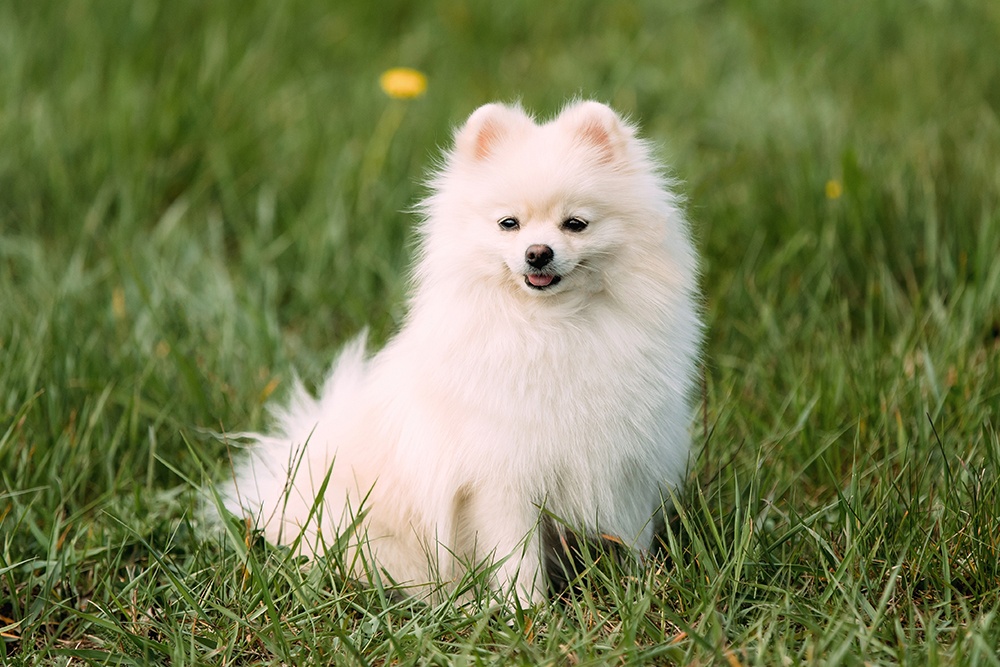
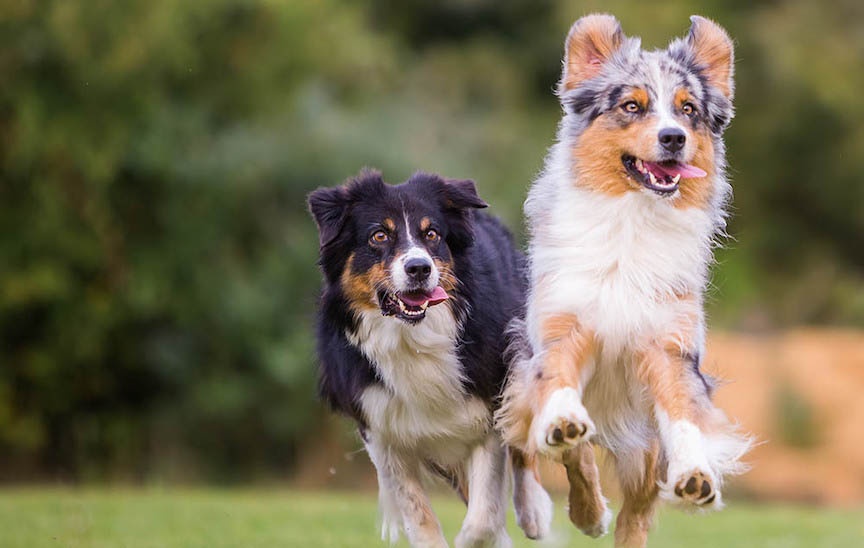 Australian Shepherds with Skin Allergies
Australian Shepherds with Skin Allergies
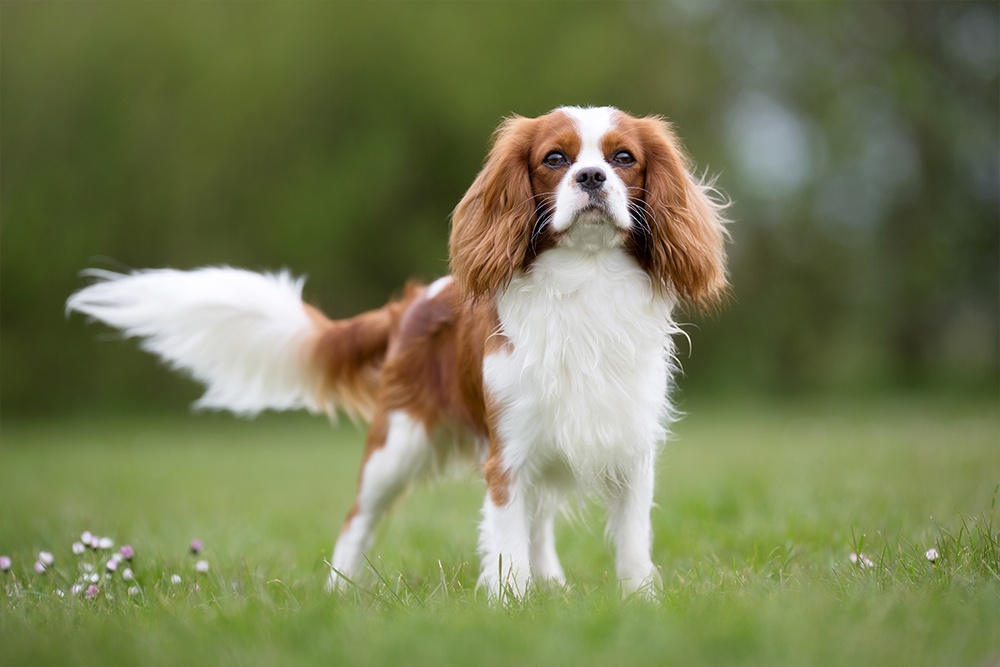 Cavalier King Charles Spaniel with Skin Allergies
Cavalier King Charles Spaniel with Skin Allergies
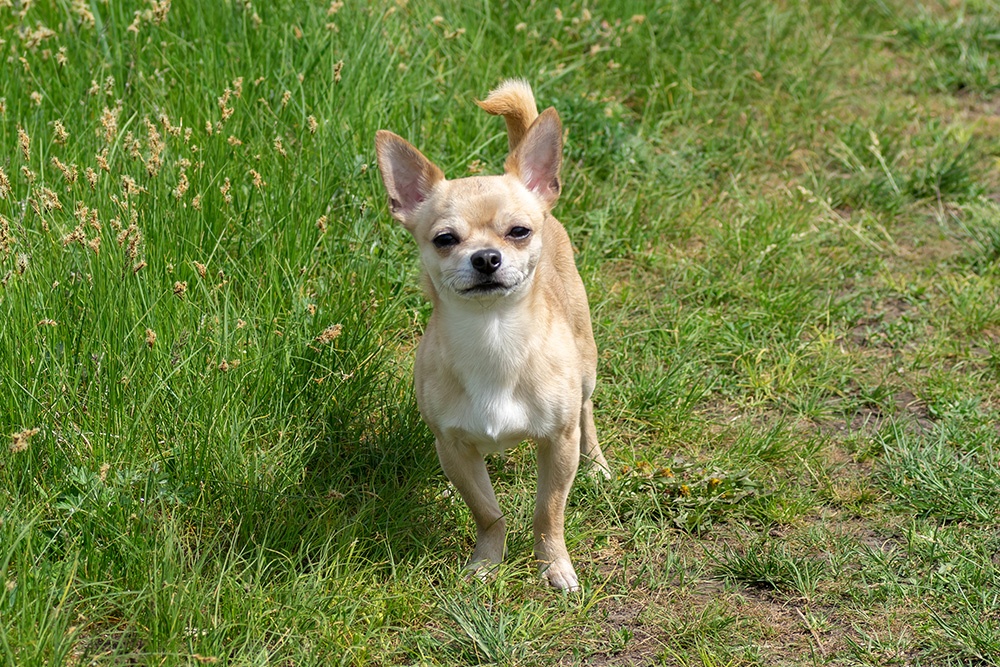 Chihuahuas with Skin Allergies
Chihuahuas with Skin Allergies
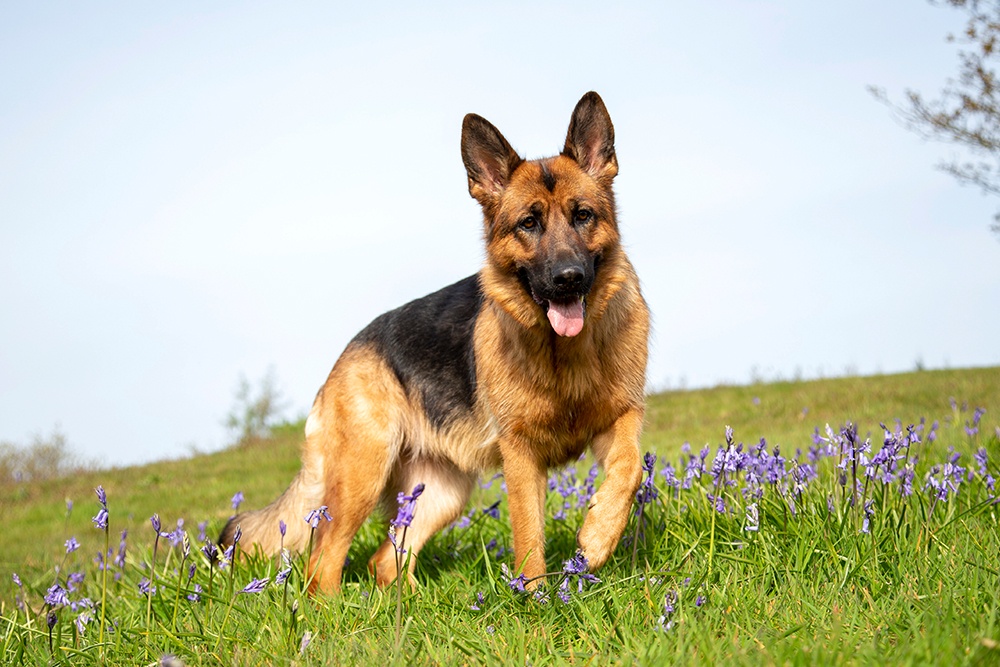 German Shepherds with Skin Allergies
German Shepherds with Skin Allergies
 Golden Retrievers with Skin Allergies
Golden Retrievers with Skin Allergies
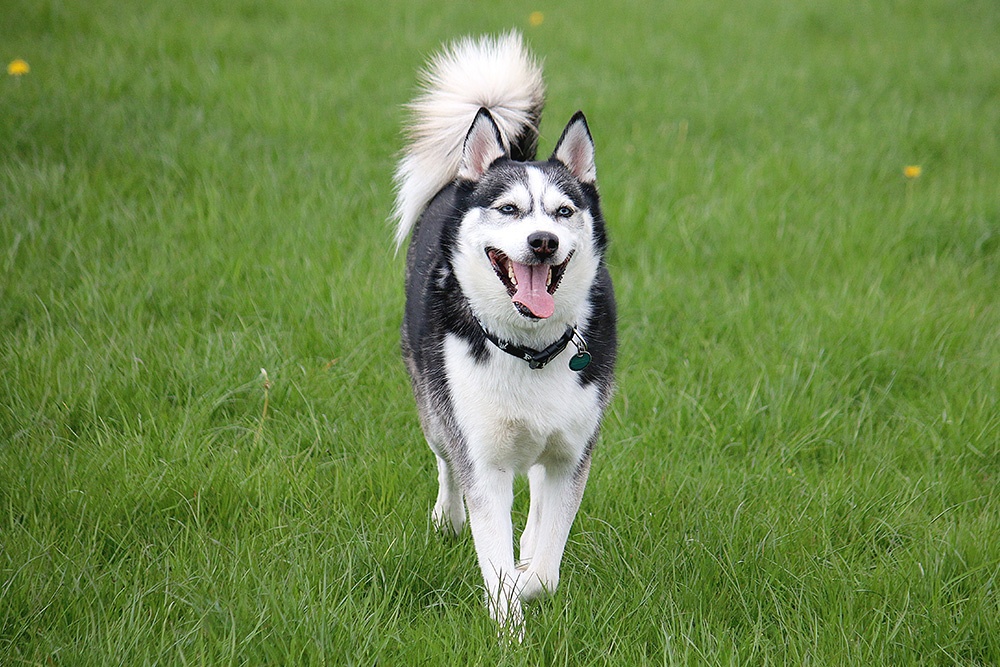 Husky with Skin Allergies
Husky with Skin Allergies
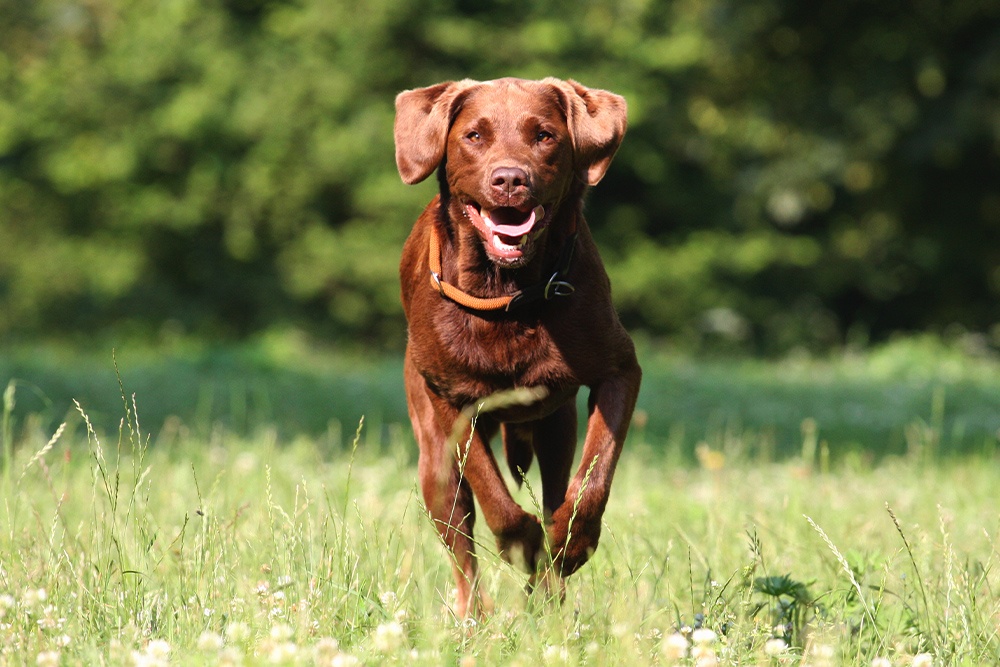 Labrador Retriever with Skin Allergies
Labrador Retriever with Skin Allergies
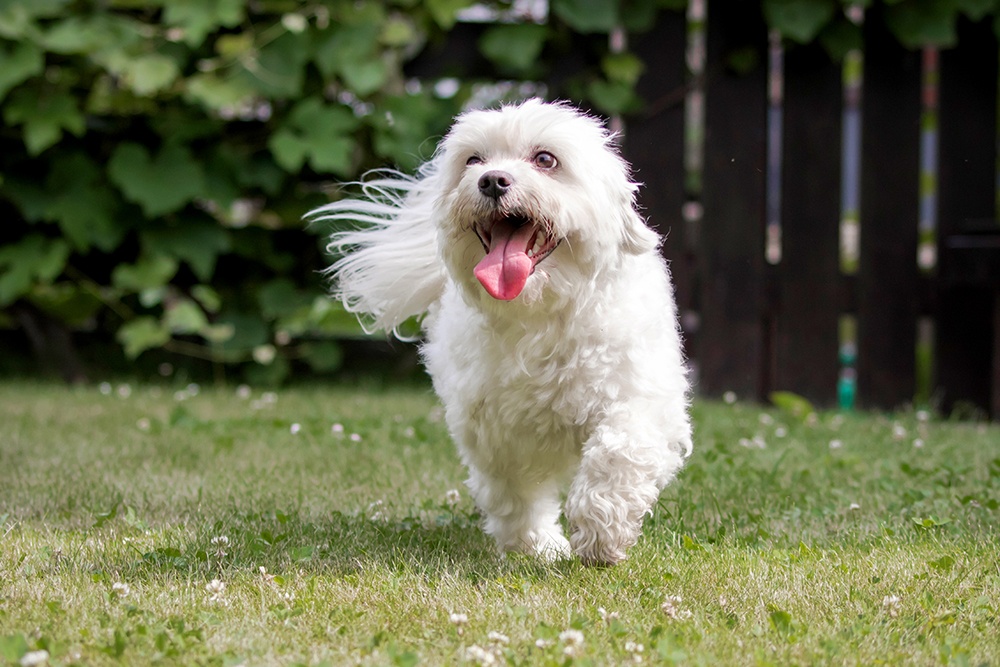 Maltese with Skin Allergies
Maltese with Skin Allergies
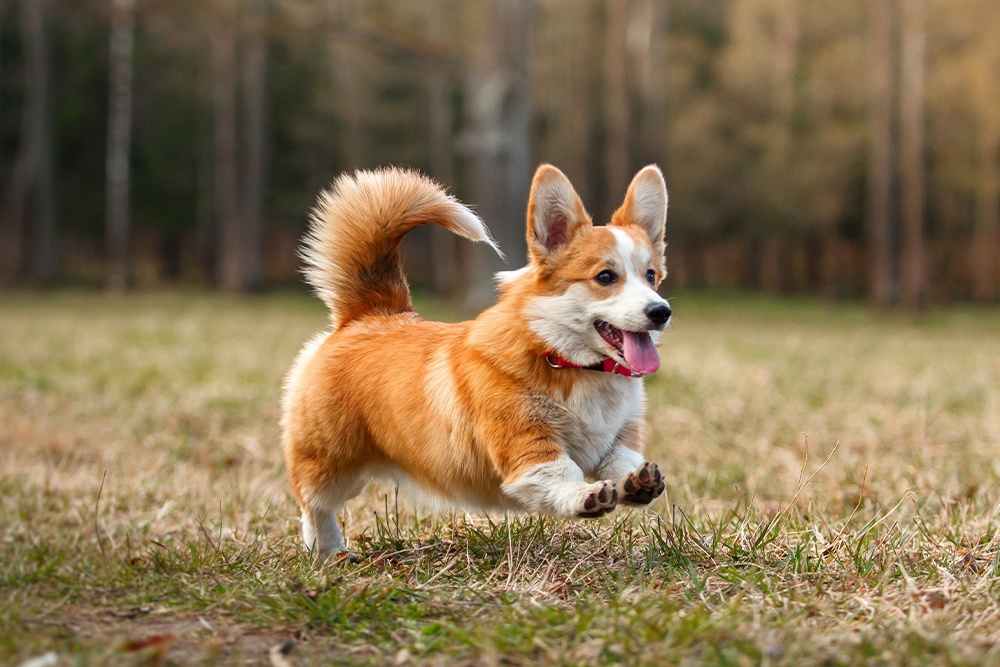 Pembroke Welsh Corgis with Skin Allergies
Pembroke Welsh Corgis with Skin Allergies